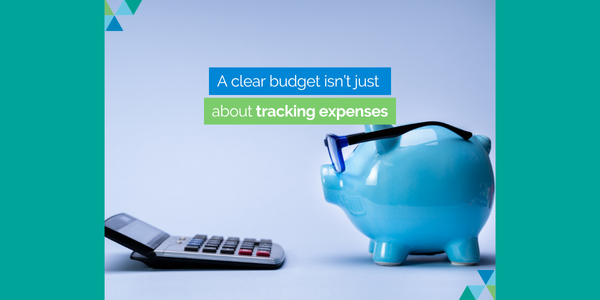Fraud Guide Released

AUDIT UPDATE - FRAUD GUIDE RELEASED
The Australian Charities and Not-for-profits Commission has released Protect your charity from fraud – the ACNC guide to fraud prevention .
It's opportune – fraud and financial crime are among charities' biggest worries. The guide highlights some of the risks charities face and provides practical steps that can be taken to reduce and manage them.
Aimed at board and committee members, trustees and charity managers, it should also interest employees and volunteers.
The guide covers the following:
- Why is this guide needed?
- What is fraud?
- What types of fraud are there?
- Are charities particularly vulnerable to fraud?
- What are the legal duties and responsibilities of those governing and managing charities?
- What can I do to protect my charity?
- The ACNC's approach to reports of fraud, and
- Case study: uncovering a fraud.
The commission's top tips to protect charities from fraud are:
Tip
Action
Clear, written financial procedures and delegations
Have staff and volunteers follow proper financial controls. For example, always have two people involved in handling money and cheques. Establish clear financial-delegation guidelines.
Robust HR procedures
Ensure recruitment processes are sound and provide training and communication to staff and volunteers about fraud prevention.
Establish a code of conduct
Demonstrate and encourage ethical behaviour. Display codes of conduct prominently and embody it.
Define financial responsibilities
Ensure people with financial responsibility are competent and understand their roles. Have written role descriptions that set out what to expect from staff, including financial responsibilities.
Develop a fraud-prevention policy
Fraud-prevention policies should specify the steps a charity takes to prevent, identify and respond to fraud, as well as who is responsible for them.
Be secure when banking online
Ensure accounts and online banking passwords are secure, and limit who has access to them. Regularly change passwords.
Limit cash handling
The presence of large amounts of cash can encourage theft and fraud. Limit the amounts staff and volunteers may handle.
Monitor bank accounts, budgets and grant funding
Monitor your accounts and budget, and identify variations and things that don't make sense. Ask questions about variations. Keep track of how grant funds are used.
Ask questions
Board members should feel comfortable asking questions about their charity's finances, and managers should make sure that staff are accountable.
Understand the importance of reporting fraud
Ensure staff and volunteers understand the importance of reporting fraud and that there is a clear process on how to report to senior management, the police and the ACNC.










